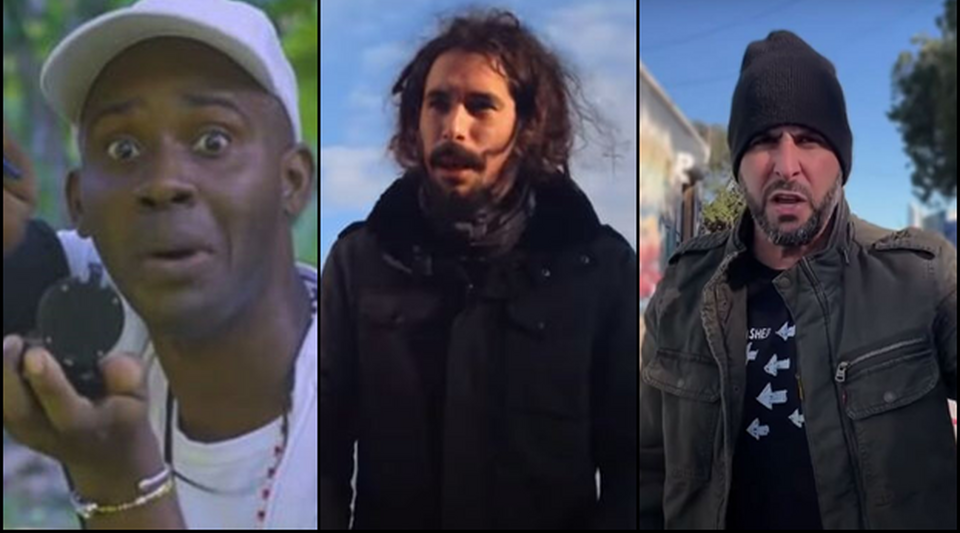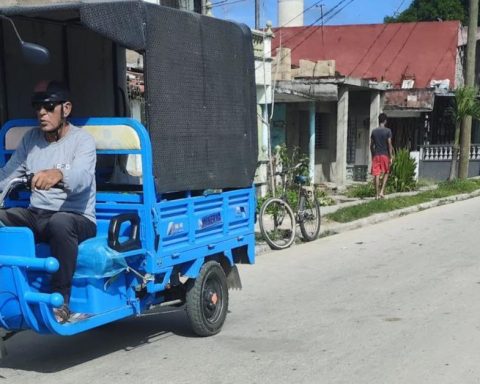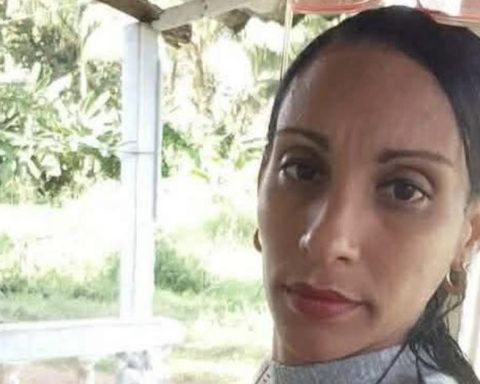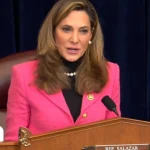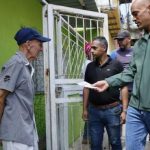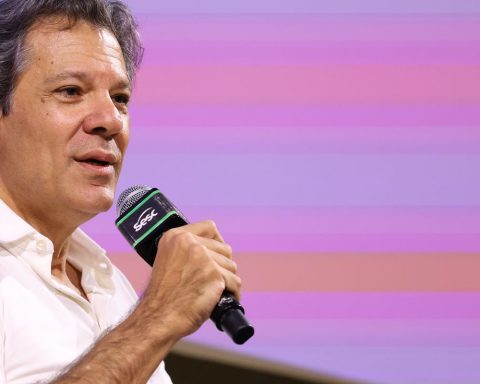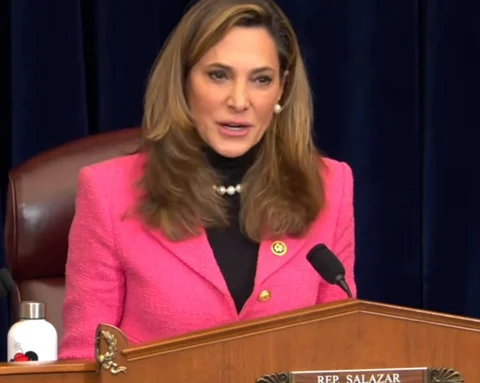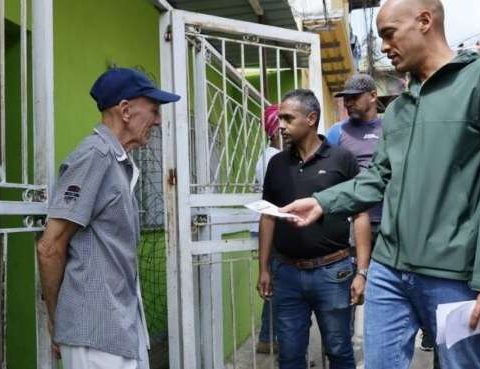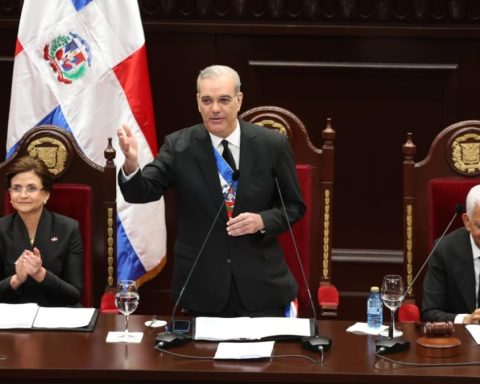11J accentuated the division between the “rebellious” musician and the “grateful” one with the Cuban regime. Since then, for every “uncomfortable” song recorded by an opposition artist, the government “orients” a counterattack within the “correct” political line.
While the video clips of Raúl Torres, Annie Garcés, Buena Fe and some cadets from the Ministry of the Interior try to mend the reputation of the officials, more and more singers are assuming a critical position with respect to the Government and becoming chroniclers of the anguish popular.
The themes of these musicians point to government mismanagement as the cause of the island’s situation, and they do not hesitate to call those who run it “dictators,” particularly Miguel Díaz-Canel and Raúl Castro.
Often, the producers of these songs accompany them with a detailed visual record of the latest events that have shaken Cuba, such as the constant police repression or the burning of the Supertanker Base in Matanzas.
Precisely this last incident illustrates the theme Failed state, by Michael Marichal, premiered this August 11. Marichal, who escaped from Cuba to the United States in 2006, describes the chain of events that the country has gone through in recent months as its leaders “want to perpetuate themselves and enjoy eternal power.”
The musician adds that the Government “did not find a culprit and obstructed the investigation” of the Cuba plane crash of Aviation in 2018, which began the administrative “salation” of Díaz-Canel. From that moment on, according to the song, specific moments can be distinguished in which the Cuban bureaucrats did not offer clear answers to the people, such as the Saratoga hotel explosion in May of this year, deaths due to lack of care during the covid-19 pandemic and the national energy situation.
“Once again, the people are the ones who will have to bear the misfortune and the blackouts that are yet to come,” says Marichal, who adds the need for the government to be supported “through donations” from foreigners. “Abusers, impostors”, “they are not even people” are some of the adjectives with which the singer describes the Cuban rulers.
Also, Failed state It refers to police repression, the massive exodus along the Central American route and through the Straits of Florida, the military economic monopoly and the terrible state of medical facilities.
The theme down with everythingby Jorge Lian Garcia Diaz Kamankolacoincides with Failed state in the urban musical style and the critical sense. Kamankola, another of the artists who documents the failure of the Cuban government, premiered his song on July 25 after recording it in Madrid.
“Already our parents were silent and our grandparents were silent,” recalls the musician, referring to the generational silence that the regime has taken advantage of to manage the country without question. The artist addresses his daughter, for whose future he “cannot keep quiet.”
The song explores different episodes of police violence: “The riot is formed in the lot and after a while they fired the patrol,” says Kamankola while playing images of the 11J protests. The Police responded “with sticks, clubs and pistols” to the young people who asked for “freedom for the people of Cuba”, “Homeland and life” and the fall of the “dictator Díaz-Canel”.
The artist demands justice in the face of the excessive convictions of the protesters, while painting the sign “Down with everything” on a wall with black paint.
With a more humorous and “relaxed” tone, but no less incisive, the singer from Santiago Luis Alberto Viscet Vives, known as The creamhas 11,000 subscribers on his channel from YouTube.
La Crema, who lives in Havana, does not hesitate to describe his work as a “musical newscast.” His topics speak of the “dollar fever” of the Government and the “prosperity” of Marianao, they lambaste the disinformation of the National Newscast and the mediocrity of the bureaucrats. He is financed by advertising from Florida companies and is popular in Cuba as well as in exile.
In a interview granted to 14ymedioLa Crema reported that he had also paid the price of being critical of the government and continuing to live on the island. “It seems that someone did not like what he was doing and under the pretext that the Cuban Rap Agency was making adjustments in their staff, they deleted me from the payroll. They left me out, even though I was billing and paying taxes to the tax office,” he said on that occasion.
The themes of musicians such as Marichal, Kamankola or La Crema, in their different styles and registers, share the same concern for the future of their country and the critical responsibility of the artist.
Despite the official censorship, the exile or the little access to the internet that Cubans suffer from, this has not prevented their songs from going viral and, often, becoming anthems of social discontent.
________________________
Collaborate with our work:
The team of 14ymedio is committed to doing serious journalism that reflects the reality of deep Cuba. Thank you for joining us on this long road. We invite you to continue supporting us, but this time becoming a member of our journal. Together we can continue transforming journalism in Cuba.
